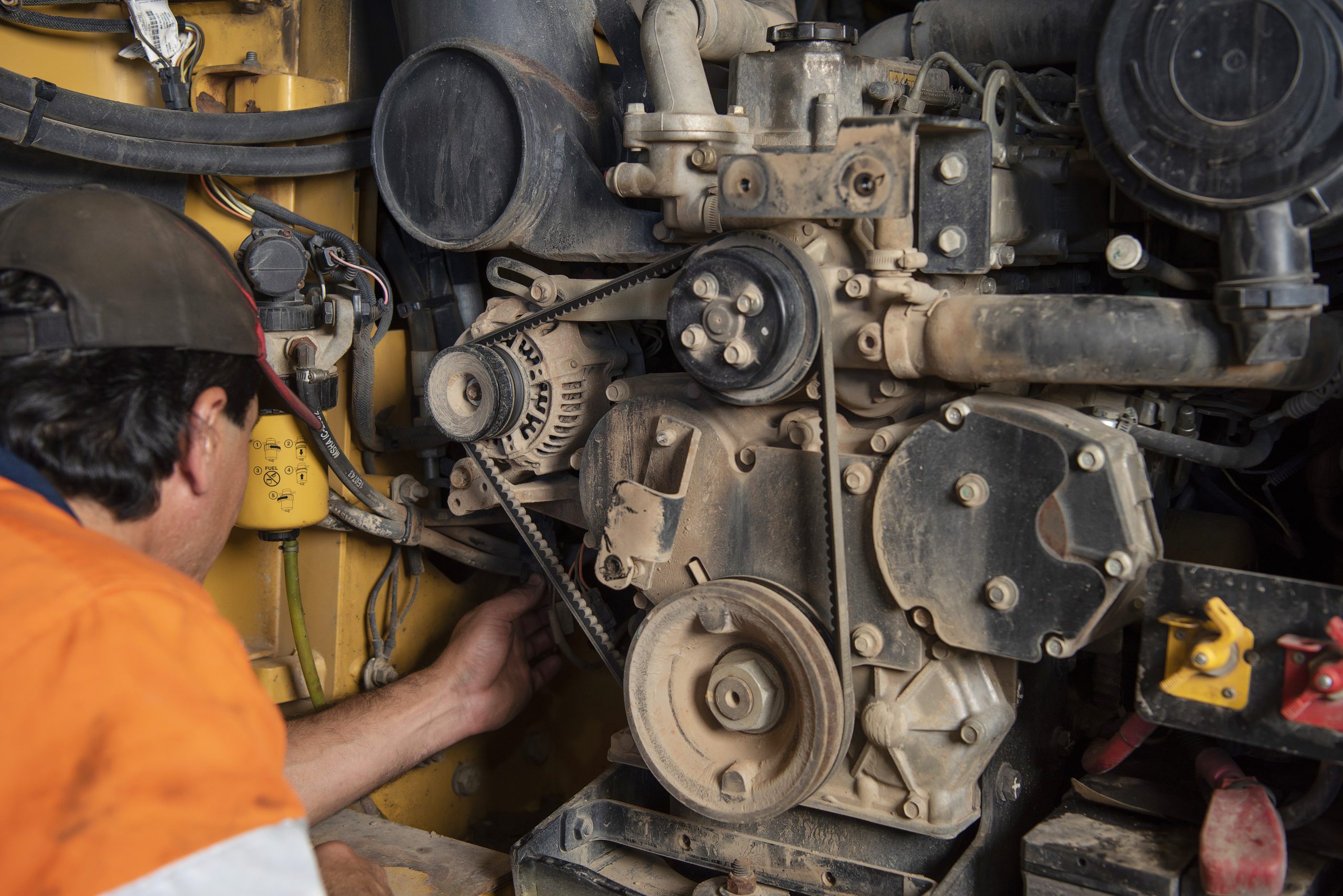When it comes to the world of engines, the age-old debate between diesel and gasoline offerings often culminates in one key question: why do diesel engines seem to last longer? This query may perplex many, given that the automotive realm is replete with nuances and variables that dictate longevity and performance. Nevertheless, diesel engines have earned a venerable reputation for resilience, and delving into the mechanics and design specifics reveals several compelling reasons behind their uncanny durability.
The Engineering Blueprint
At the crux of diesel longevity is their inherent engineering design. Diesel engines are typically built to withstand greater stress levels than their gasoline counterparts. The principal distinction lies in the combustion process: diesel engines utilize compression ignition rather than spark ignition. This method not only necessitates a more robust construction but also ensures that the components can endure higher pressures. The cylinder walls, pistons, and crankshafts are all fortified, resulting in an engine that can maintain performance over an extended lifespan.
Fuel Composition
The fuel itself plays a crucial role in the longevity of diesel engines. Diesel fuel comprises higher energy density than gasoline, which translates to more efficient combustion. Moreover, diesel fuel contains lubricating properties that assist in reducing friction among engine components. This lubrication mitigates wear and tear, allowing diesel engines to operate smoothly for longer periods, especially in heavy-duty applications where performance is paramount.
Operation Efficiency
Another vital factor is the efficiency of diesel engines. Diesel engines typically function at higher thermal efficiency compared to gasoline engines. This increased efficiency leads to less fuel consumption for the same amount of work done and results in fewer emissions. The consequent reduction in the soot and carbon build-up can significantly decrease the frequency of maintenance interventions, further extending the engine’s operational life.
Operating Conditions
Diesel engines are often designed for more rigorous operating conditions, particularly in commercial and industrial applications. The self-ignition that occurs within these engines generates substantial power, making them ideal for heavy machinery and transport vehicles—fields that demand reliability. As such, they often operate under conditions that engender gradual wear rather than abrupt stress failures. This aspect contributes fundamentally to their longevity, as the engines are designed to cope with the demands of continuous operation without sacrificing performance or integrity.
Regular Maintenance and Durability
It is paramount to note the role that regular maintenance plays in enhancing the lifespan of diesel engines. Routine checks—including oil changes, filter replacements, and periodic inspections—are vital to ensuring optimal functionality. While all engines benefit from maintenance, diesels require particular attention to their fuel systems and oil quality, as they are intrinsic to the sustainable operation and durability peculiar to these engines. A conscientious approach to upkeep can significantly prolong the life of a diesel engine, reinforcing the adage that an ounce of prevention is worth a pound of cure.
Resilience Against Corrosion
Moreover, diesel engines are often praised for their resilience against corrosion. The design philosophies governing diesel engine construction usually incorporate materials that resist rust and degradation, fostering a longevity that is often superior to that of gasoline engines. Additionally, diesel exhaust systems are frequently agglomerated with features to counteract corrosive effects, further showcasing the attention to durability.
Torque Output
The high torque output of diesel engines serves as yet another factor contributing to their durability. Unlike gasoline engines, which often prioritize horsepower and high RPMs, diesel engines excel in torque production. This torque-driven approach allows them to tackle strenuous tasks with less strain on the engine components, subtly lessening the chance of mechanical failure. The low-end torque characteristic of diesels enables them to maintain operational efficiency while reducing stress, thereby extending overall engine life.
Market Demand and Evolution
The evolving demands within industries that heavily rely on diesel engines—such as transportation, agriculture, and construction—have led manufacturers to innovate continually. The burgeoning market for eco-friendly diesel solutions encourages investment in advanced technologies designed to enhance performance and longevity. Innovations like turbocharging and intercooling are now commonplace, helping optimize fuel use and efficiency while reducing wear factors, further accentuating the lifespan advantages of diesel engines.
Environmental Considerations
The environment in which a diesel engine operates also heavily influences its lifespan. Engines that are used in clean, moderate climates may enjoy longevity significantly surpassing those subjected to extreme temperatures and corrosive conditions. Consequently, the application and geographical parameters dictate not only the performance of the engine but also its total operational lifespan, providing another layer of complexity to consider when examining diesel longevity.
Conclusion
In summation, the reasons behind the impressive longevity of diesel engines span a multitude of factors. From their robust engineering and efficient fuel usage to their resilient design and regular maintenance, diesel engines are tailored for durability and extended service life. While it is imperative to remember that each engine’s lifespan is ultimately influenced by usage, care, and environmental conditions, it is clear that diesel engines exhibit characteristics that often lead to prolonged performance. Understanding these nuances can empower owners and operators to maximize the lifespan and efficiency of their diesel investments.
